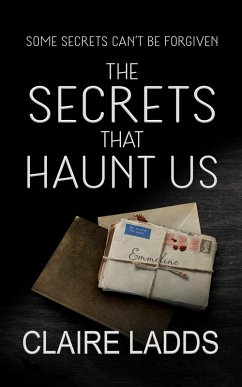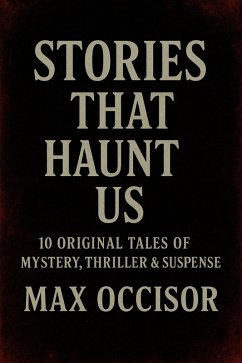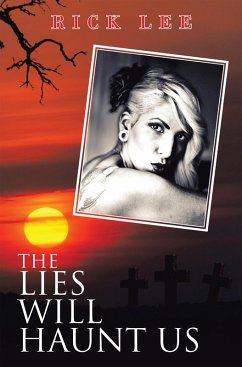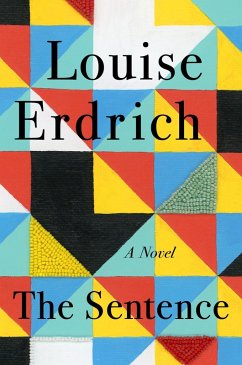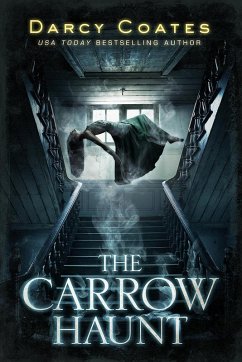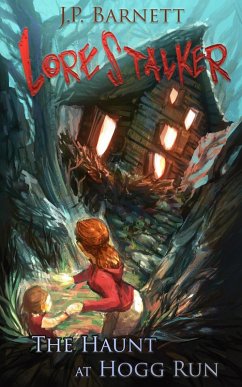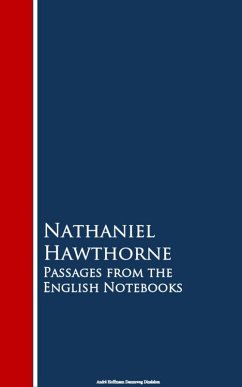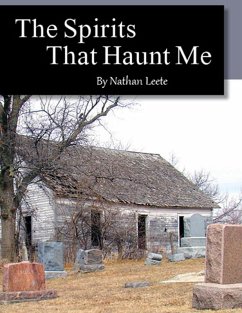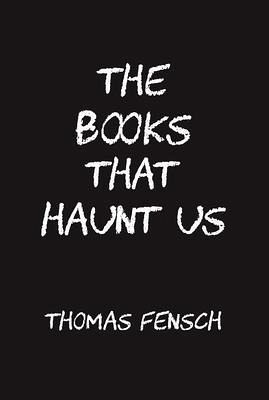
The Books That Haunt Us (eBook, ePUB)
Versandkostenfrei!
Sofort per Download lieferbar
11,95 €
inkl. MwSt.
Weitere Ausgaben:

PAYBACK Punkte
6 °P sammeln!
All readers have favorites from their personal history; "The Books That Haunt Us" is an analysis of 18 of the author's favorite books beginning with Steinbeck's "Tortilla Flat," 1935 up through "The Tattooist of Auschwitz," 2018.Other titles include: "It Can't Happen Here," 1935; "Address Uknown," 1938; "Darkness at Noon" 1940; "Hiroshima," 1946; "If This is a Man," 1947; "McElligot's Pool" 1947; "1984," 1949; "Night," 1960; "Black Like Me," 1960; "Eichmann in Jerusalem,": 1963; "Slaughterhouse-Five," 1969; "The Plot Against America," 2004; "I Heard You Paint Houses," 2004;Two are less widely ...
All readers have favorites from their personal history; "The Books That Haunt Us" is an analysis of 18 of the author's favorite books beginning with Steinbeck's "Tortilla Flat," 1935 up through "The Tattooist of Auschwitz," 2018.
Other titles include: "It Can't Happen Here," 1935; "Address Uknown," 1938; "Darkness at Noon" 1940; "Hiroshima," 1946; "If This is a Man," 1947; "McElligot's Pool" 1947; "1984," 1949; "Night," 1960; "Black Like Me," 1960; "Eichmann in Jerusalem,": 1963; "Slaughterhouse-Five," 1969; "The Plot Against America," 2004; "I Heard You Paint Houses," 2004;
Two are less widely known: "A Desert Daughter's Odyssey," 2000 and "A Book of Great Worth" 2012.
"The Woman Who Could Not Die," 1938, is now impossible to find, but was a major influence for George Orwell's "1984."
Also contains the remarkable backstory of the 10 years before John Howard Griffin became black for "Black Like Me," which became an instant American classic. The backstory is not mentioned in "Black Like Me."
Other titles include: "It Can't Happen Here," 1935; "Address Uknown," 1938; "Darkness at Noon" 1940; "Hiroshima," 1946; "If This is a Man," 1947; "McElligot's Pool" 1947; "1984," 1949; "Night," 1960; "Black Like Me," 1960; "Eichmann in Jerusalem,": 1963; "Slaughterhouse-Five," 1969; "The Plot Against America," 2004; "I Heard You Paint Houses," 2004;
Two are less widely known: "A Desert Daughter's Odyssey," 2000 and "A Book of Great Worth" 2012.
"The Woman Who Could Not Die," 1938, is now impossible to find, but was a major influence for George Orwell's "1984."
Also contains the remarkable backstory of the 10 years before John Howard Griffin became black for "Black Like Me," which became an instant American classic. The backstory is not mentioned in "Black Like Me."
Dieser Download kann aus rechtlichen Gründen nur mit Rechnungsadresse in A, D ausgeliefert werden.




